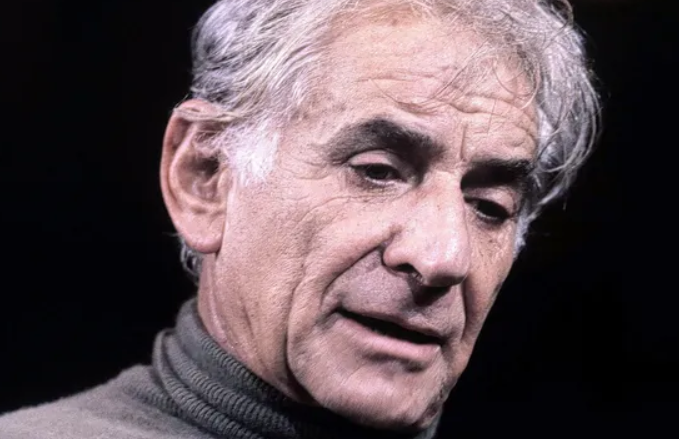Who is Leonard Bernstein?
The Netflix film “Maestro,” directed by Bradley Cooper and starring Cooper and Carey Mulligan, explores the life of Leonard Bernstein. Before delving into the motion picture produced by Martin Scorsese and Steven Spielberg, let’s uncover the captivating story of Bernstein, a pivotal figure in Western classical music history.
Early Years and Musical Beginnings
Leonard Bernstein, affectionately known as Lenny, was born in August 1918 in Lawrence, Massachusetts, to Jewish parents who had immigrated from Russia. His exposure to music began through hymns at the synagogue and radio broadcasts of popular and classical music. At the age of 10, Bernstein started piano lessons when an aunt left her piano at his house.
Education and Mentorship
Bernstein attended Boston Latin School at Harvard, majoring in music. His journey into conducting commenced under the guidance of conductor and pianist Dimitri Mitropoulos, who left a lasting impact on the young musical prodigy. Mitropoulos suggested that Bernstein study conducting at the Curtis Institute in Philadelphia, where he not only learned the scores but delved into understanding the intentions of the composers.
Rapid Rise to Prominence
In 1940, Bernstein joined Tanglewood, the summer music school opened by Serge Koussevitzky. At just 25, he became the assistant conductor of the New York Philharmonic. A significant turning point occurred when Bernstein, without rehearsal, substituted for Bruno Walter and delivered a performance that reverberated across the classical music world.
Triumphs and Global Recognition
Following a successful 1943 concert at Carnegie Hall, Bernstein became the director of the New York City Symphony Orchestra. His career soared as he performed across Europe, becoming the first American to perform at Milan’s La Scala opera house in 1953. Known for his passionate conducting style, Bernstein’s talks on the art of performance reached a broad audience, sparking a renewed interest in classical music.
Personal Life and Relationships
In 1951, Bernstein married Chilean-born actor Felicia Montealegre and had three children. Despite their closeness, Bernstein maintained relationships with both women and men throughout his life. His progressive views on relationships and acceptance are evident in Montealegre’s letters. After her death in 1978, Bernstein continued to engage in various relationships.
Political Activism and Artistic Expression
Bernstein’s search for a melody that could heal the world was reflected in his progressive political activism. In a symbolic gesture during a concert after the fall of the Berlin Wall in 1989, he replaced the word “joy” with “freedom” in Beethoven’s Symphony No. 9. Bernstein, a vocal protester against the Vietnam War and advocate for civil rights, faced scrutiny from the FBI for his left-wing causes.
Final Concert
A heavy smoker, Bernstein developed emphysema in his 50s. His final concert at Tanglewood in 1990 saw him conducting despite a prolonged coughing fit. He announced his retirement a month later and passed away five days after the performance. Bernstein’s legacy lives on, with his burial in Brooklyn next to his wife, holding a copy of Mahler’s fifth symphony across his heart.
Month: Current Affairs - December, 2023
Category: Awards, Honours & Persons in News








